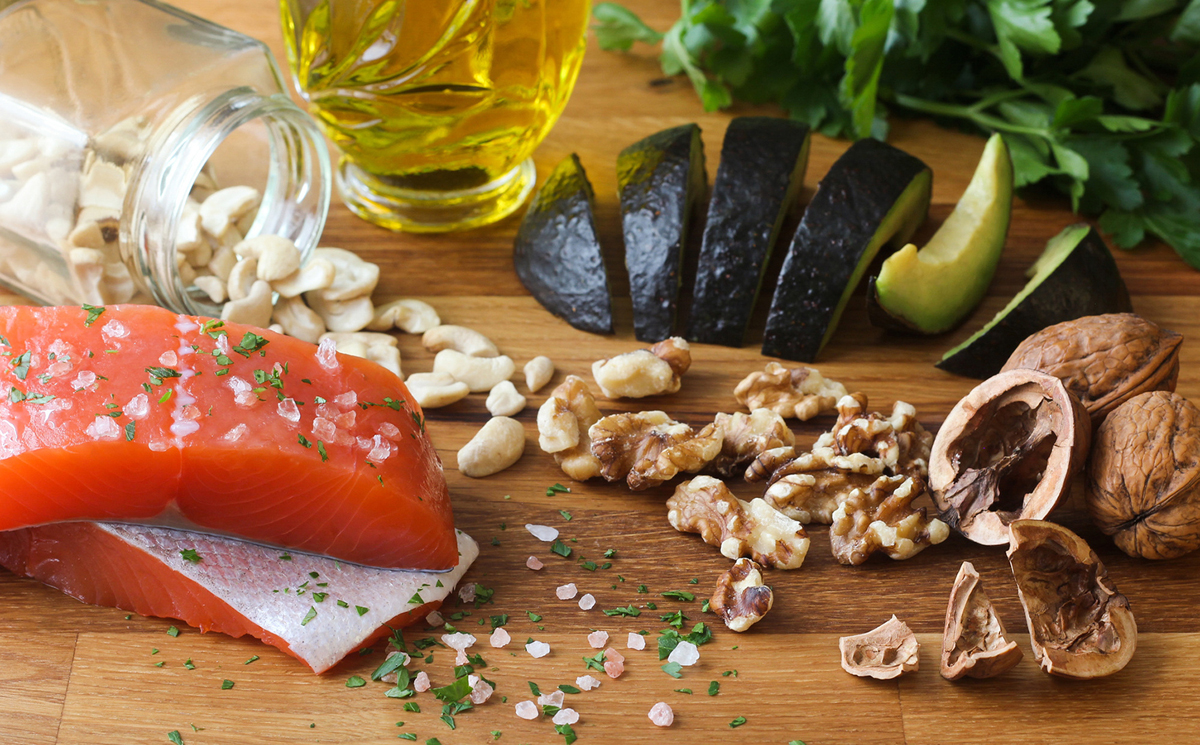Laughter is Healthy – And Surprisingly Contagious!

When was the last time you had a great laugh? I hope it was recent because laughter is healthy and can be powerful, strong medicine for both your mind and your body. Nothing can make you feel better more quickly than a genuine burst of good old belly laughter.
What strikes people as humorous may differ from person to person and place to place, but the ability to laugh and find things funny enters our lives pretty early on. Infants smile within weeks of being born and are laughing out loud in just a few months.
More Stages of Humor
It isn’t hard to get a toddler to laugh. In their exploration of the world around them, many things seem surprising and ridiculous, which they respond to with laughter. Just banging a toy on the floor can render them hysterical.
Young children love “potty humor” (as do those who never outgrow it), partly because they are figuring out – and are fascinated by – bodily functions. Likewise, teens and pre-teens laugh at what are awkward or tense subjects for them: sex, food, authority figures. Pretty much anything their parents would consider off-limits.
Laughter can be a very protective coping mechanism (another reason laughter is healthy for you!).
Adults, for the most part, have a more developed sense of humor. It takes a measure of intelligence and life experience to “get” a joke. The things we find funny when we are older are the common predicaments and embarrassments we are familiar with. Whatever stage of life we are in has stressors we can joke about.
Tsunami In The Brain
There really is a name for the study of laughter – gelotology – even though it sounds more like a jiggly dessert. And scientists have studied what happens in the brain when we laugh.
Within four-tenths of a second of finding something funny, the brain sends an electrical wave through the cerebral cortex, the largest part of the brain. If the wave maintains a positive charge there is no physical response, but if the wave takes on a negative charge, the result is laughter.
Then, unlike emotions, which stay in one part of the brain, laughter activates many regions of the brain to trigger visual, emotional and physical responses. That’s why damage to any of those regions of the brain can impair a person’s overall sense of humor.(1)
Don’t Keep It To Yourself
Laugher is even better when shared. It creates a positive bond between people and adds joy and resilience to relationships. We are naturally drawn to those who like to laugh because it makes us feel good and the good feelings last even when the laughter has subsided.
I can’t begin to list all the benefits of laughter, but here are a few:
- Relief from physical tension and stress (muscles stay relaxed for up to 45 minutes!)
- Release of endorphins, natural feel-good chemicals which promote a sense of well-being
- Boosts the immune system by increasing immune cell production
- Protects the heart by relaxing blood vessels and increasing blood flow
- Helps maintain an optimistic outlook during difficult times (call it laughter therapy!)
- Renews and revitalizes relationships with others (2)
So what makes you laugh? Who cheers you up whenever they’re around? Researchers say that the beneficial effects of laughter – both physical and mental – last a good 24 hours.(3) Don’t wait for laughter to come along at random –laughter is healthy, so seek it out and be healthier. Lighten up – loosen up – and laugh!
Do consult your personal physician before making any changes to your diet, exercise and supplement routine.
Sources:
- Brain, Marshall, “How Laughter Works”, howstuffworks.com
- Smith, M, Kemp, G, Segal, J, “Laughter is the Best Medicine – the Health Benefits of Humor and Laughter”, HelpGuide.org
- “Laughter Can Boost Heart Health – Research finds it improves blood flow and may help ward off high blood pressure”, U.S. News & World Report, May 29, 2009
The Author:
Dr. Blankstein has been practicing for over 30 years as a leading Cardiologist. Trained in traditional medicine and Board Certified in both Internal Medicine and Cardiovascular Disease, he knows the importance of good medical care. This consideration has allowed him to discover safe and natural ways of healing. His dedication to bringing the latest and best in health solutions to his patients and the public has given him the experience to research and develop proven natural remedies for many illnesses.
© 2009 Chesapeake Nutraceuticals
Photo. Gemini
Source: AB








